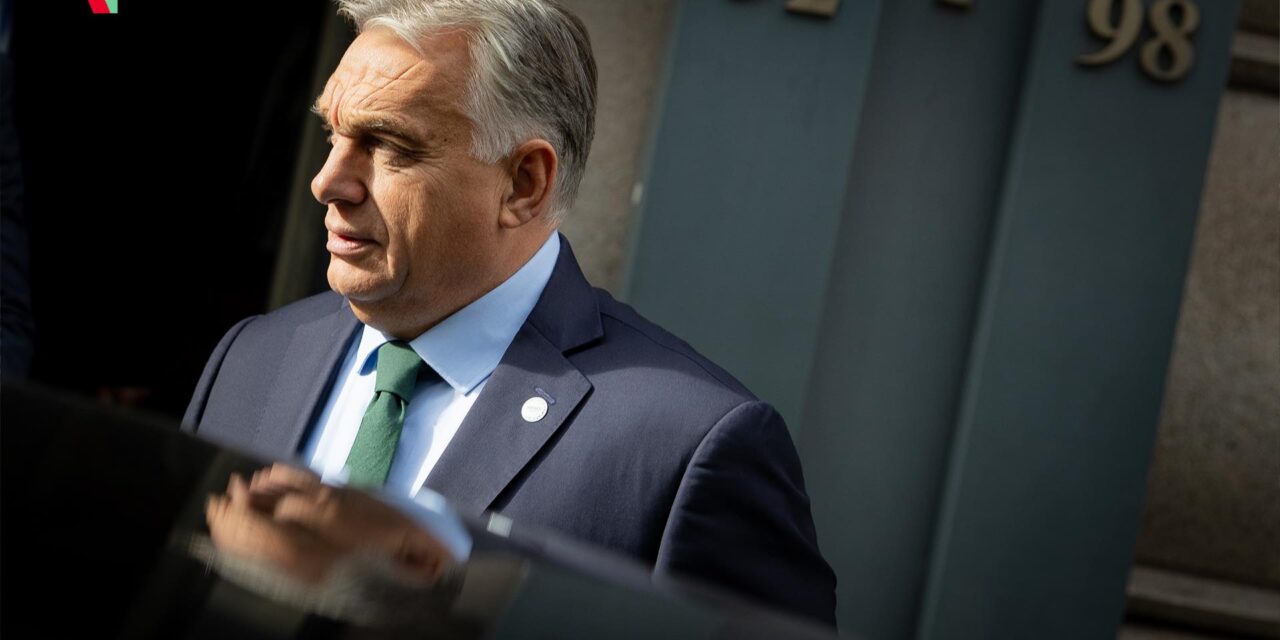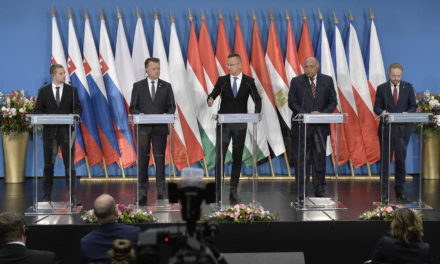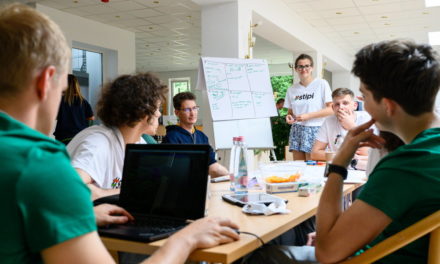They would really entrust the security of Europe to the Ukrainian armed forces.
Prime Minister Viktor Orbán's warning on October 23rd is not just a vision, it really has been and continues to be a topic at the EU level about how Ukraine will contribute to Europe's security in the future.
Since the beginning of the war, Brussels and Kiev have been arguing in favor of supporting Ukraine and maintaining the armed conflict, that only the Ukrainian army will stop Russia, thereby guaranteeing the security of all of Europe.
In his speech on the national holiday, the Hungarian Prime Minister drew attention to the fact that a significant part of the heads of state and government of the European Union and the Brussels elite as a whole see Ukraine as the future protagonist of European security and defense policy.
Prime Minister Viktor Orbán quoted from the latest peace proposal of Ukrainian President Volodymyr Zelensky when he warned that Slavic soldiers coming from the east could be stationed in Hungary again.
In his peace proposal – part of which is classified – after the end of the war, Zelensky suggests that the battle-hardened, experienced army of Ukraine, which was already a NATO member in principle at the time, could replace the American contingents currently stationed on the continent.
Although the left-wing press attacks the prime minister by saying that they are trying to discredit Viktor Orbán's assessment of the situation with Slavic troops and that the Zelenskiy plan was rejected by the EU decision-makers, the reality is that these suggestions are never completely unfounded.
The Bruegel Institute, whose proposals and situation assessments are traditionally taken into account by the European Commission in its program creation, considers the continuous support of Ukraine as the EU's first and most important priority in several analyses.
The European Policy Centre, also based in Brussels, also shares a similar opinion, which also provides guiding advice for EU decision-making.
The two leading political institutes unanimously and firmly call on Europe to base the EU's entire financial planning in the new EU budget cycle starting in 2028 on the unlimited support of Ukraine, i.e. this goal should be at the center of almost all financial decisions. This guarantees the long-term security of the continent.
Although the available analyzes reveal few details about the exact goals, it is clear that the European Union and the European Commission led by Ursula von der Leyen see Kiev as the protagonist of the future of European security policy.
In addition, the EU is expected to be increasingly alone in its support of Ukraine, including arms and financial support, as well as later reconstruction of the country.
From the statements of Brussels think tanks and EU officials, it can be clearly concluded that
Ukraine's unconditional support does not merely serve the country's defense efforts, but the West sees a long-term strategy in Kiev, primarily in the field of security policy and economic policy.
On the other hand, there is currently no recommendation available on how the EU would guarantee its own security and competitiveness without Ukraine.
It is encouraging that the plans for Kyiv presented by Viktor Orbán have so far fallen on deaf ears among the leaders of the union, but by interpreting the advice of the Brussels think tanks and the prime minister's words, it is not difficult to find out what Brussels' long-term plan is with the support of Ukraine.
Cover photo: Viktor Orbán
Source: Facebook/Viktor Orbán













